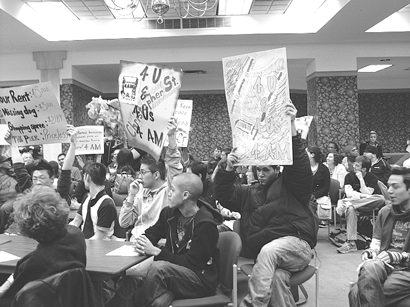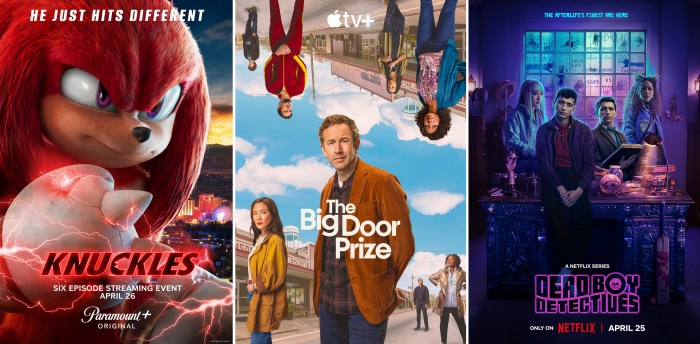Quinn optimistic late night noise, loitering complaints can be addressed; Glick less upbeat
A dispute over noise and crowds in the West Village between residents of that neighborhood and the queer youth of color who for many years have gathered in the Hudson River Park at the end of Christopher Street may not have a solution, according to Assemblywoman Deborah Glick, an out lesbian who has represented the West Village since 1990.
But City Council Speaker Christine Quinn, who has represented the West Village and Chelsea since 1999, sounded a more hopeful note, saying it was possible to find a resolution.
“It is on some level an intractable problem because teenagers are inherently noisy and disrespectful,” Glick said. “I know this because I was a teenager once.”
A major resident complaint is that when the park closes at 1 a.m., large groups of people who were in the park move into the Village, on Christopher Street in particular, to get to the subways and in so doing, disturb the residents.
To date, the dispute has played out at meetings of the Committee on Waterfront, Parks, Recreation, and Open Space of Community Board 2. Efforts by the committee to craft a solution that would work and be acceptable to residents and youth have been unsuccessful.
On March 23, the full board will vote on a proposal to keep the 1 a.m. closing time and on a recommendation that community groups continue to do outreach on the piers. That proposal will likely not be supported by residents who have sought earlier closing times and restrictions on where people in the park can exit.
Quinn faulted the board for moving on a proposal without enough discussion.
“I am distressed that there was a resolution put forward by the board without sufficient input,” she said. “This is a complicated issue, one where there are many, many emotions. You can’t move even a well-intentioned idea forward without participation and inclusion.”
A March 6 meeting heightened tensions. The committee put forward a draft proposal that blamed the problems on “large crowds of young people, mostly lesbian, gay, bisexual and transgender youth of African American and Hispanic origin.” That language was seen by some as racist. There have been other, ugly characterizations of the youth.
“There clearly have been some people who have used language that I could not condone,” Glick said. “They forget their manners, but there is a very large group of respectful folks who just wish everybody who is noisy would go somewhere else.”
Glick, while sympathetic with all parties, noted a contradiction in the position held by the young people. Speaking at the meetings, many have identified the Village as a safe place where they can spend time with friends.
“The payback to the community for being a safe and respectful place is an incredible amount of noise and little recognition that this is a neighborhood where people live,” Glick said. “You would never act like this in your own neighborhood so why should people who live here put up with it.”
Even if the youth and residents were able to discuss the issues and arrive at a solution, new people continually come to the park and they would not be part of any deal.
“Even if you could have a true dialogue with mutual respect, the youngsters who would have that dialogue would be gone in two years,” Glick said.
Glick has suggested posting police officers on horseback in the West Village who might serve as highly visible noise deterrent and protect the youth as well.
“I have repeatedly said one or two officers on horseback,” she said. “I do think it prevents inappropriate scuffles from breaking out.”
Quinn said a solution that “will be an improvement and balance the needs” of all parties is possible.
“I guess it depends on how you define resolution,” she said. “We’re not the first park in the city to deal with a problem with teenagers and noise. Maybe we should spend some time talking to those other parks.”
Scott Stringer, the new Manhattan borough president, in an interview with Gay City News on February 1, explained that he had instituted a new process for screening Community Board members he will name in April that relied in part on advice from blue-ribbon community groups such as Citizens Union. Asked whether the groups advising him are able to represent the interests of less organized segments of the borough such as LGBT youth, he responded, “Part of our job is to do community board outreach.” He pledged to recruit queer youth of color to the community boards.
“Is it perfect? Did we cover every base? No,” Stringer acknowledged.
The borough president did not respond to several calls seeking comment on the Christopher Street pier controversy.
gaycitynews.com


































